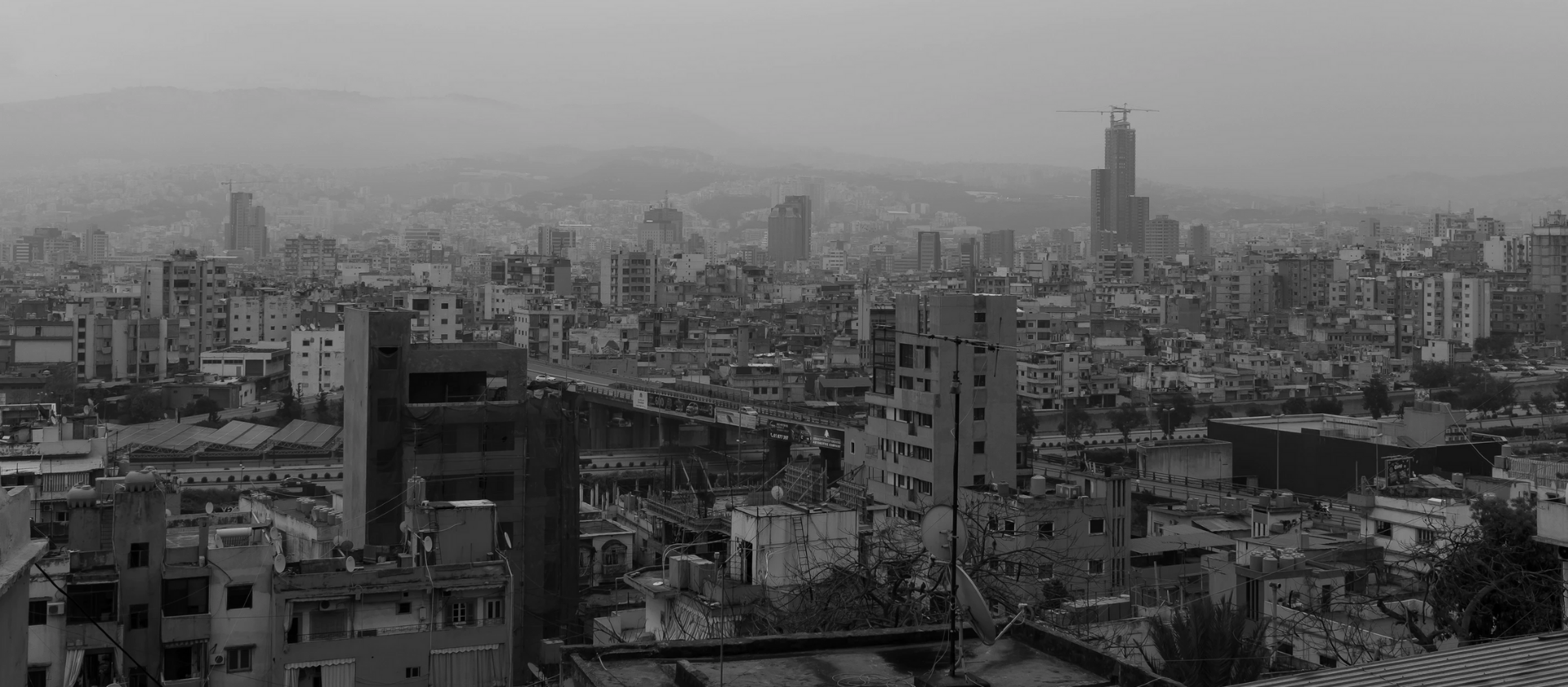IRCC Uses CBSA Data to Verify Status of Visa Holders
CBSA Reveals How Traveller Information Is Shared With IRCC
The Canadian government has revealed new information regarding its Entry/Exit Program, which allows border officers to collect data from travellers and share it with Immigration, Refugees, and Citizenship Canada.
The program is run by a joint initiative between Canada and the U.S. for the purpose of collecting and sharing data gathered from travellers crossing the Canada/U.S. border.
The program has been in place since February 2019 and initially only collected data from those crossing at a land border but has since been extended to air travellers as well.
Since then, IRCC has been collecting this data from the Canadian Border Services Agency (CBSA) and using it to track visa holders. This enables them to determine how long travellers have been in Canada and verify residency requirements for applications for permanent residence, work permits, study permits, and Canadian citizenship.
What Information Is Collected?
The CBSA collects the following information from all travellers who cross the Canadian border:
- Name
- Date of birth
- Country of citizenship
- Passport details
- Date of entry or exit
- Data displayed in the Global Case Management System for immigration and citizenship applicants such as
- Client identification (i.e., family name and given names, gender, date of birth, country of birth, etc.)
- Contact information and history, educational and employment information
This information is used for the following purposes:
- Verify residency requirements to process an ongoing application by verifying information provided by the client, such as in applications for grants of citizenship or permanent resident cards
- Verify if a temporary residence applicant may have previously overstayed their allowable period of admission in Canada
- Assist in an investigation of an individual’s entitlement to a Canadian travel document
- Verify that sponsors are residing in Canada
- Verify the residency of spouses and partners under the spouse or common-law partner in Canada class
- Verify whether or not a refugee claimant entered Canada using their travel documents
- Support investigations of possible fraud in relation to immigration, citizenship, passport, and travel document programs
Keep in mind that the IRCC is not allowed to disclose this information unless it is necessary for the administration of the Immigration and Refugee Protection Act and it is covered under an existing information-sharing agreement, such as a Memorandum of Understanding.
“Any disclosure that is not explicitly covered under an existing agreement must be governed by CBSA,” says the IRCC website.
However, travellers do have the right to request a copy of their personal travel history. If any errors are discovered, the traveller can also request that a correction be made.
Report Finds Immigration Slowdown Could Derail Canada’s Economic Growth
Lack of Immigration Due to COVID-19 Could Lead to Employment Shortages Says RBC
The immigration slump caused by the COVID-19 pandemic could cause severe repercussions for Canada’s economy and various job sectors, according to a recent report from the Royal Bank of Canada (RBC).
The report found that the lack of immigration in recent months due to Canadian travel restrictions may jeopardize Canada’s ability to fill job vacancies in sectors such as health and elder care, as many members of the Baby Boomer generation will soon retire over the next few years.
The report also appeals to the Canadian federal government to look for new ways to promote and increase immigration going forward.
“Canada does rely on having large numbers of people coming to the country to fuel growth and, if we see these large declines, one concern could be that people may decide maybe they don’t want to come to Canada anymore,” says the report’s author, Andrew Agopsowicz, a senior economist for RBC who studies labour trends.
“I think it’s really important for Canada to ensure the process is clear and that we still put out this attitude that we are open and we want people from the rest of the world to come to our country.”
Where Immigration Levels Currently Stand
Permanent Resident acceptances have decreased 67 per cent from this same period last year, the report found. Permanent residency applications to Canada have also gone down by 80 per cent. Meanwhile, only approximately 10,000 new study permits were processed, compared to the 107,000 issued one year prior. The root cause of this is the COVID-19 travel restrictions that have been in place since March.
While travel restrictions continue to loosen and Canada works towards increasing immigration during this pandemic, RBC expects that only 70 per cent of Canada’s original immigration target for 2020 (341,000 new permanent residents) will actually be met by year’s end, which would be a decline of around 100,000 new residents.
“The decrease in immigration is particularly troubling for elder care employers, as this sector has suffered from widespread labour shortages due to the pandemic’s deadly impact on Canada’s long-term care homes,” Dr. Samir Sinha, director of health policy research at the National Institute on Ageing at Ryerson University and director of geriatrics at Mount Sinai Hospital, told the Canadian Press.
Dr. Sinha added that recruiting Canadian-born workers to these positions and keeping immigrants in these positions for longer periods would require wage increases.
“We’ve been having a huge struggle finding workers and retaining workers in this sector for years … and we were only keeping it afloat by often recruiting immigrants who are willing to take on these jobs that we as Canadians didn’t want to do,” he said. “The fact it’s low paid and not valued also speaks to one of the reasons it’s been incredibly hard retaining (staff).”
Students That Began Online Courses Before Study Permit Approval Still Eligible For PGWP
IRCC Makes Sweeping Changes To Eligibility Criteria For PGWP
Any Canadian online courses that international students participated in while outside of Canada before being approved for a study permit will now count toward a Post-Graduation Work Permit (PGWP), according to CIC news.
Due to the COVID-19 travel restrictions that restricted international students from travelling to Canada to study, PGWP requirements had initially been loosened to include online study as part of the eligibility criteria. However, these courses would only count once international students had been approved for a study permit.
Prior to this, the PGWP would only recognize in-person classes, and Immigration, Refugees and Citizenship Canada (IRCC) would not deduct any study time that was completed outside Canada from the length of the PGWP. This was recently changed, as many post-secondary institutions made the transition to online learning due to COVID-19 requirements.
Presently, any time that students put time into their coursework before receiving approval for their study permit will count towards a PGWP, as long as their program starts in 2020, and half of it is able to be completed in Canada.
How to Apply
Most international students will need to apply for their study permits online as ports of entry are not issuing visas at this time. Students must also apply for their study permit before September 15.
Also, keep in mind that Canada will accept incomplete applications for study permits, as the new two-step study permit system allows international students to start studying before their study permit is approved.
However, an approved study permit will eventually be needed if international students want to be eligible for a PGWP.
A PGWP gives international student graduates the opportunity to work in Canada for up to three years after they have completed their schooling.
PGWP holders with work experience in Canada can then use this to their advantage when applying for permanent residence, since Canadian work and study experience are highly valued by the Express Entry system.
Canada Establishes Immigration Task Force to Lebanon
Immigration Support is Extended to Those Affected by Beirut’s Horrific Blast
Following Beirut’s devastating blast on August 4, 2020 that affected many main sectors of the city, more than 200 people were killed, and 6,000 others left injured.
The damage caused by the explosion was more than extensive, leaving major structures and health care facilities, including hospitals, left in ruins or inoperable. Overall, the tragedy left 300,000 people stranded, homeless, and displaced.
Canada responded quickly, providing $30 million in humanitarian and development support to lend a helping hand to those most affected by the blast.
And the Canadian government isn’t the only source of support. Lebanese-Canadian business leaders are raising a $2.5 million relief fund for the victims of the Beirut explosion.
Now, Canada has developed an immigration task force to continue support efforts for Lebanon.
A statement issued by Canada’s Minister of Immigration and Minister of Foreign Affairs indicated that this task force will aid in the delivery of consular services and ensure that immigration-related questions will be addressed in a timely fashion.
Lebanese citizens who are in Canada temporarily and cannot return to Lebanon due to the effects of the explosion are permitted to extend their stay, according to the Canadian government. Furthermore, Lebanese citizens temporarily in Canada and Canadian citizens temporarily in Lebanon will be exempt from fees for the renewal of their status documents.
Provided that the coronavirus pandemic health protocols are respected, Canadians and permanent residents of Canada in Lebanon, and their immediate family members, of foreign nationals have the right to return to Canada.
However, this exemption to Canada’s travel restrictions is subject to a mandatory two-week quarantine, minimum 15-day visitor stay in Canada, and the possession of a valid temporary resident visa for foreign nationals entering Canada.
Furthermore, Lebanese-Canadians with relatives still in Lebanon may be eligible to sponsor them through Canada’s family class program.
Refugee readmissions operations have recently been reinstated by Canada’s partners at the United Nations Refugee Agency and the International Organization for Migration, giving priority to cases of higher urgency.
In a statement issued by the Canadian government:
“The people-to-people ties between Canada and Lebanon are strong. Canada will continue to monitor the situation closely to ensure that survivors of the recent tragedy receive the help they need. We remain engaged and stand ready to assist however we can.”
International Couples Facing Longer Wait Times, Little Contact
Couples Continue to Experience Immigration Processing Delays Caused by Pandemic
Despite special IRCC measures in place to help reunite families during the pandemic, international couples are saying it’s not enough and are reaching their limit.
Canadians have been separated from their loved ones living abroad for months, with limited contact or information regarding the status of their application.
The spousal and common-law sponsorship program that existed before the pandemic is now under scrutiny as the coronavirus outbreak has shed some light on its flaws.
Spousal sponsorship applicants from countries that require visas are often denied their Temporary Resident Visa (TRV) because they must prove that if their permanent residence application isn’t finalized, they will exit Canada when they reach the end of their authorized stay.
The pandemic is causing challenges among couples who are trying to reunite, despite the fact that foreign national spouses of Canadians are exempt from travel restrictions.
The problem is that key immigration services, like biometric centres, are not operating or are functioning at limited capacity, resulting in extremely slow processing times. The groups that are feeling the brunt of these delays are those who are not eligible for common-law status, including engaged couples and other couples in long-term, committed conjugal partnerships.
Furthermore, Immigration, Refugees and Citizenship Canada (IRCC) will not recognize virtual or proxy marriages.
While Canada continues to accept spousal and common-law sponsorship applications, according to sources, many applicants have yet to receive communication on these documents since February 2020.
As a result, protests began over the weekend in an effort to pressure the federal government to take serious action. Cities like Montréal, Ottawa, Toronto, Edmonton, and Vancouver participated in these protests, sparking a petition calling for a Special Temporary Resident Visa.
The petition, lead by Member of Parliament Jenny Kwan, has 6,074 signatures and aims to allow spouses and their children to reunite with their Canadian partners.
Since 2017, Kwan, the New Democratic Party’s critic of Canada’s immigration minister, has been vocal about getting more visas like the Special Temporary Resident Visa in place. She has also been pushing Immigration Minister, Marco Mendicino, to make Temporary Resident Visas available to spouses who have been approved in principle for permanent residence.
Mendicino responded, acknowledging that the pandemic has resulted in delays and service disruptions within the government, stating that they are still operating at limited capacity and with reduced resources. He went on to outline the measures the department are taking to accommodate spouses of Canadians and permanent residence who live abroad. Among these measures included extending deadlines for submissions and giving permanent resident applicants more time to extend their stay in Canada.
The Minister also explained that foreign national spouses may be in Canada with temporary residence while they wait for their application for permanent residency to be approved. But applicants must still demonstrate that they will leave Canada at the end of their authorized stay.
Kwan posted the petition on Facebook, stating:
“The current process is clearly insufficient and is preventing spouses from reuniting in a timely manner. This is made evident from the protests that took place in Vancouver and across the country this past weekend, the strong support for the petition that I have sponsored and the countless emails I’ve been receiving from constituents and people from across the country.”





